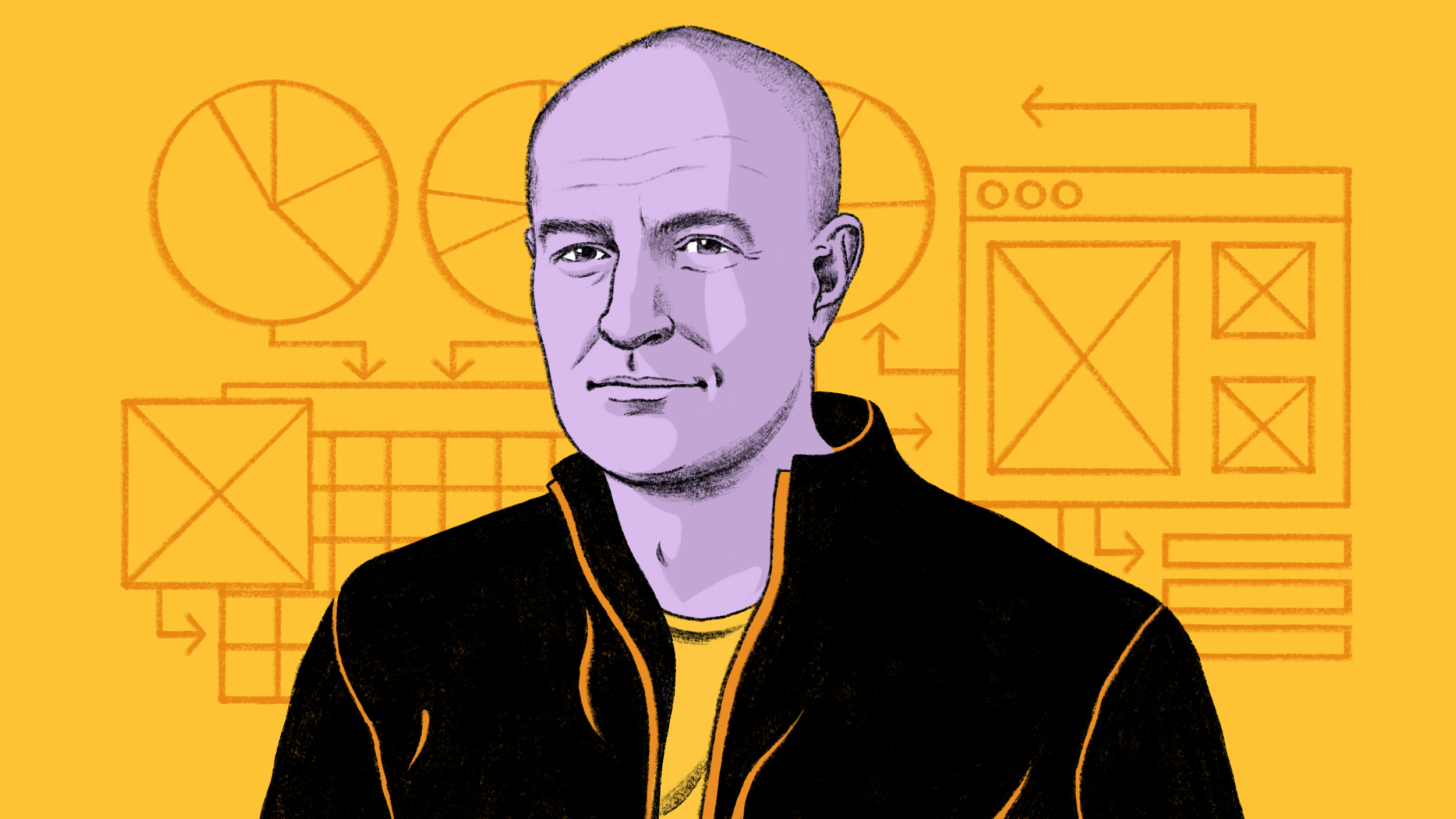Why leaders should ride the “SURF Framework” for sustainability

- Environmental credentials and policies are deeply important for most Gen Z and millennial hires.
- The four pillars of the SURF Framework can be used to understand and create a lasting structure for sustainability careers.
- By understanding how each individual in the company addresses sustainability through their work, leaders can make sustainability careers a concrete reality.
The corporate world is witnessing a rising desire from people to make their work more impactful for people and planet. Over two-thirds of staff (in the UK) want to work for a company that is trying to have a positive impact in the world, showing that a business’ commitment to sustainability is now a key factor in career decisions. This is especially true for the younger workforce, as 72% of Gen Zs and 71% of millennials say environmental credentials and policies are important when considering a potential employer.
In order to build a more environmentally, socially, intergenerationally, and economically sustainable society, the world of work must also align with sustainability goals.
So how does one define a sustainability job or career?
Just as our everyday consumer choices bring us closer to or further from sustainability, our career choices can as well. Some jobs clearly cover the realm of sustainability, such as environmental engineer or sustainability officer. Others, while not so obvious, also lie in the realm of sustainable development, such as a manufacturer for sustainable transportation components, a journalist who focuses on social justice issues, or an architect who specializes in zero-impact buildings.
As these examples show, a sustainable career is not only limited to those positions that contain the word “green,” “ESG” (Environmental, Social, and Governance), “responsible,” “environment,” “social,” or “sustainability” in the job title. The emphasis is not on creating more sustainability or green officers within organizations, but to incorporate the principles of sustainable development into any job and career move.
How can leaders create sustainability careers?
The four pillars of the SURF Framework — Supply Chain, User, Relations, and Future — can be used to understand the various positions that lie within pursuing purposeful careers:
S – Supply Chain This represents all components and processes involved in delivering a company’s product or service. It examines aspects such as greenhouse gas emissions, water and energy consumption, land use, transportation, waste management, pollutants, labor practices and working conditions. Whether it’s the materials for manufacturing a computer or the paper used in an office, the supply chain is a fundamental yet complex challenge in advancing sustainability within an organization.
U – User This focuses on the end user’s interaction with the product or service. What happens after the product reaches the consumer? Is it discarded immediately, ending up in a landfill? Can it be repurposed, recycled, or decomposed effectively? Are systems in place to enable these outcomes? Even the most sustainably designed products can fall short if users are unable or unwilling to adopt sustainable practices or if supportive infrastructure is missing.
R – Relations This refers to both internal and external relationships. Internally, it considers whether the workplace is safe, healthy, and supportive, fostering a positive environment for employees. Externally, it involves the transparency of operations, ethical financing, and ensuring stakeholders are involved in decisions that affect them. Maintaining strong, positive relationships in all areas not only enhances organizational risk management but also contributes to the overall sustainability of operations and outcomes.
F – Future generations This highlights the importance of long-term accountability. Are we considering the needs of future generations in our decision-making processes? Does the organization have a vision extending 10, 20, or even 50 years into the future? Sustainable development requires a forward-looking approach that balances the immediate social, economic, and environmental impacts with the broader implications for the planet and society over time.
Let’s look at examples of how careers in different industries can become sustainable, using the SURF Framework.
Science and tech careers involving Supply Chain: Supply chains mostly involve tangible goods, from raw materials to final products, where design and innovation are incorporated at each step. There are therefore pertinent roles for pursuing sustainability by improving a supplier’s social and environmental footprint. For example, engineers can seek to decrease the carbon emissions of a certain supply chain by creating regional centers that limit long-distance transportation. Life-cycle analysis can be performed for the product in order to make better decisions regarding materials, location, and design.
Education and research careers involving the User: Careers intimately linked to the user in education and research include teachers at various levels. The user in this case is the learner. Sustainability education has the goal of bringing about a passion for sustainability for everyone in any career path. It is well documented that students who have a favorable attitude toward a subject also engage more; in addition, motivation to learn and actual learning are correlated (Erskine & Johnson, 2012). Imparting sustainability knowledge is therefore an especially relevant career path for those in the education field.

Media and entertainment careers involving Relations: The media and entertainment industries (especially in today’s world of global access to even the most local of stories) have a far-reaching stakeholder list. If a local radio host creates a podcast about a local music trend, that podcast could be downloaded, listened to, commented on, shared, and blogged about, and spur a ripple effect—at the complete opposite end of the Earth. The “R” component of the SURF Framework (Relations) is thus indispensable for careers in media and entertainment. Even when catering a message to a particular audience, professionals in this sector must be aware of its wider implications in the community. In addition to awareness, creating and maintaining positive stakeholder relations can be gained through participating in community forums, abiding with laws or taking steps to ensure that content inappropriate for children is not provided, using social media to maintain dialogue with the public, and using stakeholder management guidelines such as ISO 26000.
Business, economics, and financial services careers involving the Future: There is a future orientation to the corporate and finance worlds. There are financial analysts who work on forward markets, economists who work on market outlooks, and foresight managers in the research and development departments of large companies. Although the business ecosystem has incorporated the future, this future is still dominated by short-term profits and quarterly financial results unless a sustainability approach is adopted. Many of us know this to be true: there is a difference between price and value. Organizations that have historically focused on price or cost are now moving towards value using sustainability, and these organizations are hiring to do so.
Making every career more sustainable
As these examples reveal, there are numerous career paths, spanning a breadth of industries, for incorporating sustainability that will have a positive financial, social, environmental and generational impact. By understanding how each individual in the company addresses sustainability through their work, leaders can make sustainability careers a concrete reality.





